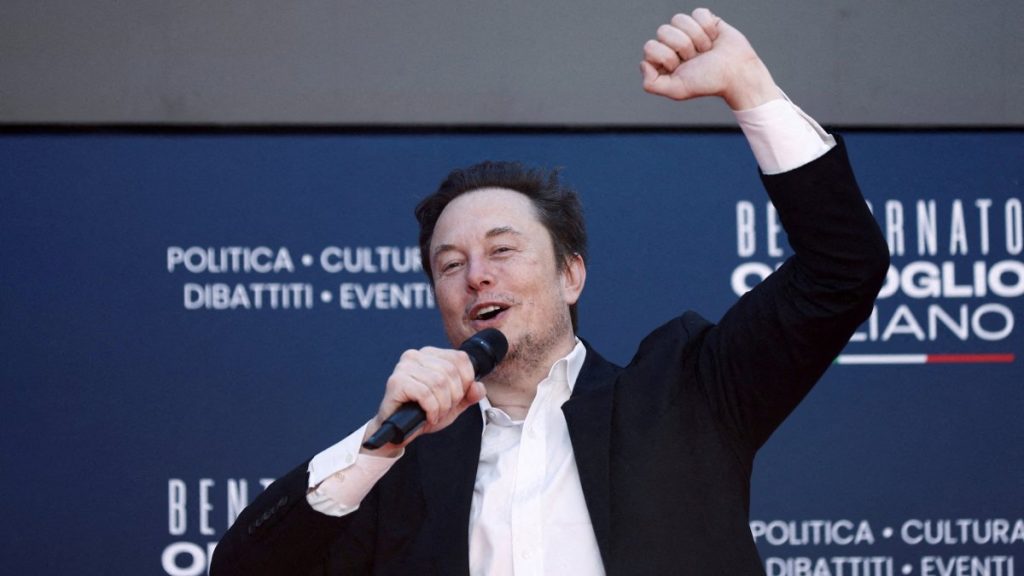Since the end of World War II, the U.S. has been adamant in spreading “democracy” across the globe and championing “human rights” where they were allegedly lacking. Any state ostensibly in violation of human rights would face severe repercussions, ranging from crippling sanctions to outright military invasions, spearheaded by the global hegemon and its satrapies around the world. Amid this dark reality, critics raised a simple but very reasonable question: Who was to decide whether human rights were violated in a given case? It was certainly not any international body, for they were apparently fallible in their judgments, as the global hegemon made it clear when it refused to honor the International Criminal Court’s (ICC) decision to issue arrest warrants for top Israeli officials, including regime leader Benjamin Netanyahu. In fact, the U.S. House of Representatives recently passed legislation authorizing sanctions on ICC officials involved in that decision, indicating that even documented war crimes would not necessarily qualify as human rights violations unless the verdict aligns with U.S. interests.
Those who have rightly been critical of the weaponization of human rights in international affairs seem to blame all of this on George Soros, whose Open Society Foundation has had enormous an influence on nongovernmental organizations (NGOs) that function as arbiters of what constitutes a human rights violation. Crucially, this “anti-Soros” sentiment was discovered and has been intentionally amplified by the wealthiest oligarch on earth, Elon Musk, who appears to have been extremely dissatisfied with the agenda advanced by those organizations. And as a senior member of the incoming U.S. administration, he is actively working to replace it with his own.
In this context, it is worth pointing out that Musk’s obsession with Soros reflects a strange pattern. Many disillusioned individuals who have long opposed 5G technology for its supposed harmful effects or who expressed concerns about mRNA vaccines as alleged tools for microchip-like surveillance now find themselves aligned with someone who frequently touts his ventures in Starlink and Neuralink, respectively. That their hostility toward Soros has evolved into a peculiar admiration for Musk is equally paradoxical. The latter recently posted a meme on his social media platform mocking the hypocrisy of the “legacy media,” which apparently criticize him for “getting involved in foreign politics” while remaining silent about Soros’ decades-long political influence. In other words, he was complaining that someone else, but not him, had been assigned the role of leading what those disillusioned individuals call the “globalist” cult.
Of course, the benevolent “genius” had to find his own weapon to substitute for Soros’ “human rights” – and he seems to have found it in what he and his fanatical followers refer to as “free speech.” The notion is doubtless appealing, as was that of human rights. Yet the procedure is strikingly similar: Choose a target, identify a lack of free speech there, and attack it by any means necessary. It is no surprise that, over the last few months, Musk has voiced his “concerns” over the perceived lack of free speech in Britain and called for the ousting of Prime Minister Keir Starmer, framing it initially as a necessary step to safeguard that noble ideal.
The notion that free speech is set to replace human rights as the preferred weapon of the U.S. government for its interventionism is further demonstrated by Mark Zuckerberg’s recent statements about the upcoming policy changes in Meta’s social media network. Zuckerberg announced that he would work with President-elect Donald Trump “to push back on governments around the world that are going after American companies and pushing to censor more.” After mentioning Europe, Latin America and China in particular, Zuckerberg suggested that the only way his company could “push back on this global trend” of censorship was “with the support of the U.S. government.”
It appears as though, just as Soros-backed NGOs once dictated the parameters of human rights discourse, Musk and his allies now seek to control the boundaries of free speech. Importantly, those boundaries are drawn carefully to avoid offending the “masters of mankind.” In volunteering for the leadership of the aforementioned globalist cult, Musk had drawn attention to a specific aspect of what he deemed “Soros’s hatred of humanity” – namely, that it included a “hatred of Israel” as well, presumably because the latter has supported organizations like the Human Rights Watch which was the first of its kind to call Israel an “apartheid state.” Of course, in Musk’s view, this would contribute greatly to his chances of becoming the preferred candidate for the job, and he is probably not wrong in thinking so.


